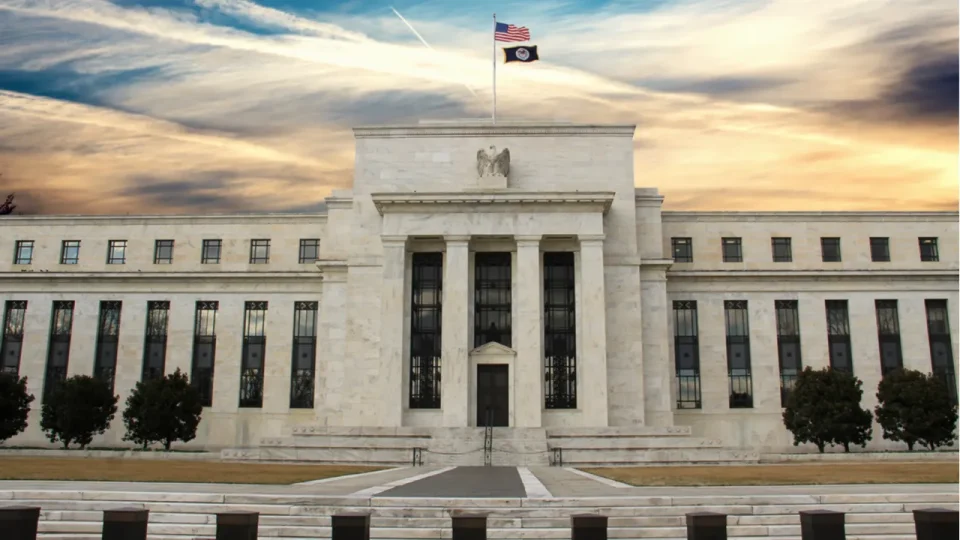The Fed’s Stablecoin Note Takes Aim at Bank Runs, Reversible Transactions

The central bank is also ramping up its program to supervise all crypto activities among the network of banks it oversees.
Tim Hakki•
The Federal Reserve on Tuesday issued a statement announcing incoming guidance for chartered banks dealing with dollar-pegged stablecoins.
In particular, the Fed is looking to monitor the transaction validation process such as “timing and finality of settlement of transactions, potential irreversibility of transactions, and the central authority of transaction records.”
Blacklisting addresses and reversible transactions are already quite common among the industry's largest stablecoin issuers like Tether and Circle. PayPal's latest stablecoin entry also suggests the payments giant will implement similar features to its product too.
The statement hints that the Fed will implement know-your-client (KYC) measures and ensure that nationally-chartered banks demonstrate appropriate risk-mitigation strategies.
These include ensuring issuers have sufficient liquidity to meet redemptions, a clear nod towards some of crypto’s biggest bank runs in the past two years, like Terra’s UST stablecoin and the FTX disaster.
The U.S. central bank also announced plans to beef up its program to supervise the “novel activities” of all banks in its jurisdiction that are conducting business with crypto, crypto companies, or blockchain technology.
The new supervisory program “will be integrated into the Federal Reserve's existing supervisory processes,” reads the statement, and “will engage broadly with external experts from academia and the banking, finance, and technology industries.”
In addition, Fed supervisors will leverage real-time data, market monitoring, audits, and “regular information exchange across portfolios, federal bank regulatory agencies, and other stakeholders.”
Markets appear to have reacted positively to the news, with small gains being celebrated by virtually all holders of leading cryptocurrencies, per CoinGecko data.
Decrypt reached out to the central bank to ask whether this is a step towards comprehensive legislation and clarity for crypto companies in the U.S. but did not receive an immediate response.
America's winding road to crypto
Washington has so far sent mixed-to-hostile signals to the industry, with many regulators refusing to issue clear guidance.
Leading the hostile camp, the Securities and Exchange Commission (SEC) has been conducting what is widely perceived as regulation-by-enforcement, essentially cracking down on crypto firms by suing them for breaching securities laws. Most notably, the SEC sued Binance and Coinbase in June.
The Fed has not been without criticism, either.
In July, Caitlin Long, the CEO of Custodia Bank—a firm that touts itself as a bridge between crypto and the traditional banking world—criticized the central bank for bending its own rules with its FedNow payments service.
One of FedNow’s early adopters was the Amsterdam-based Ayden, a fintech firm that received its federal master account in July 2020—a year before it was approved to establish a branch stateside.
Ultimately, the industry is now wondering whether the Fed’s new promises indicate a change of tone in Washington.
The question now is: how long till the regulatory fog begins to clear?
